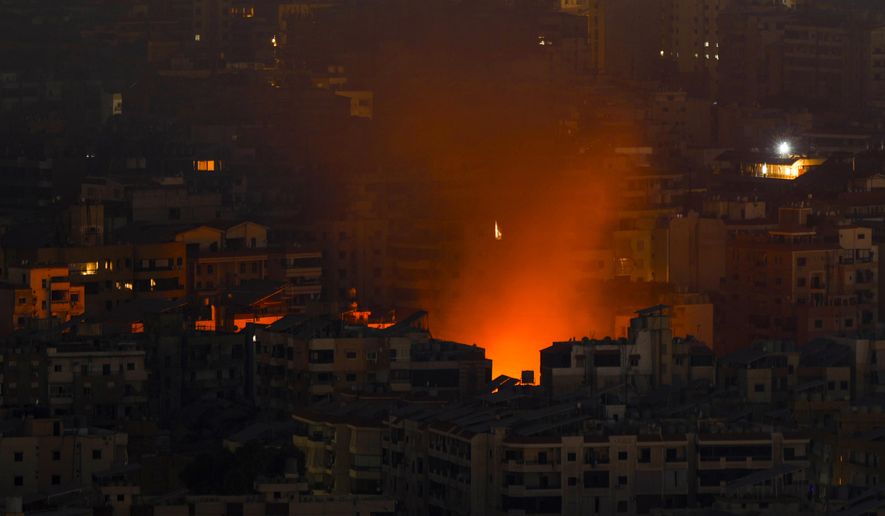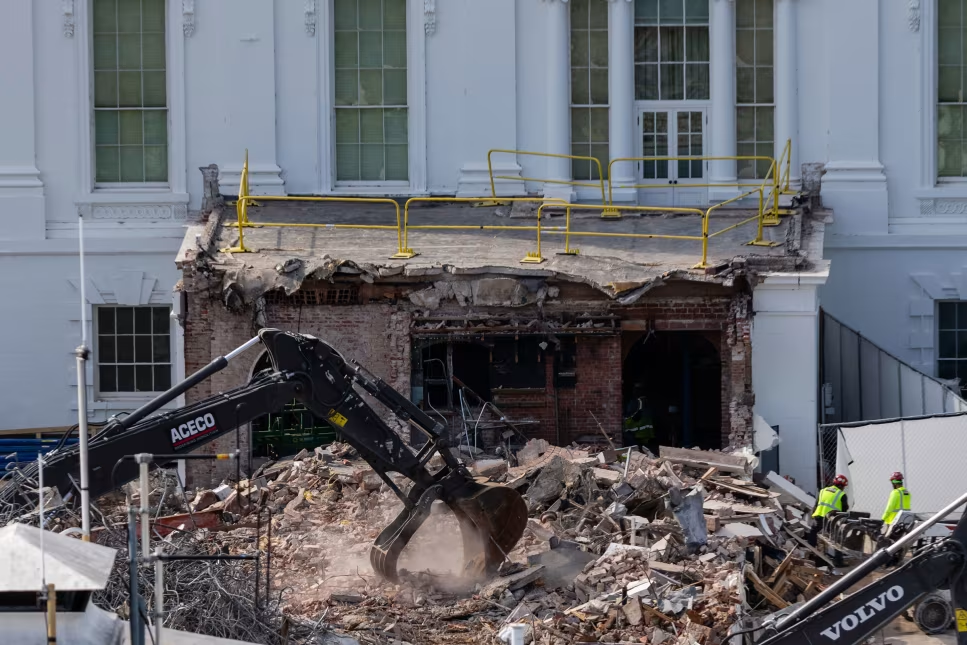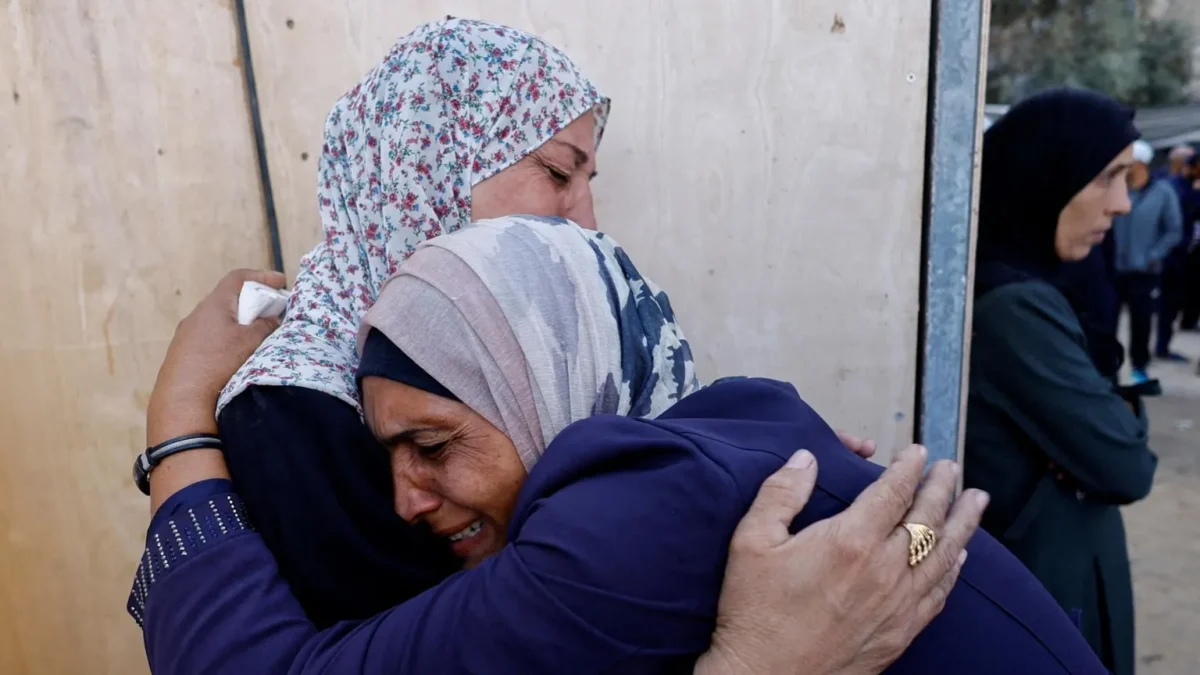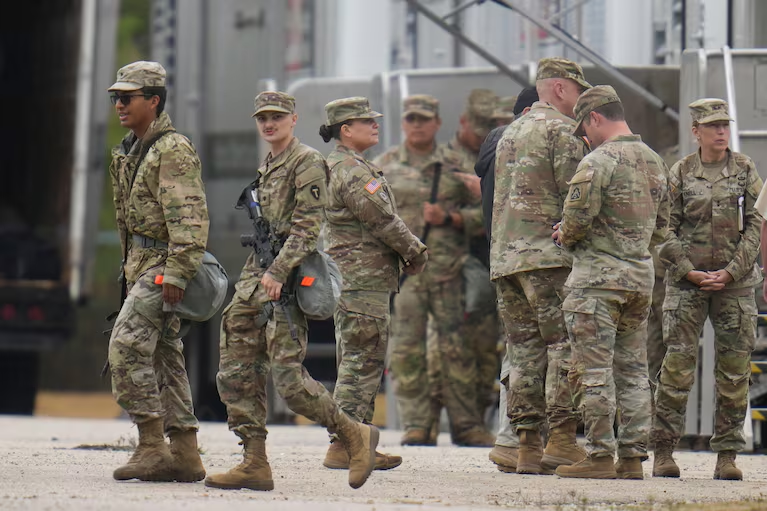On Oct. 26, in a daring missile attack, the Israeli military hit numerous military sites across Iran. The attacks follow an Iranian missile barrage in Israel, as well as Israel’s wars in Lebanon and Gaza in another step toward a regional war in the Middle East.
The Israeli attack on Iran reportedly targeted military targets within Iran. Israeli government officials claimed it was a direct response to the Oct. 1 Iranian missile barrage in Israel.
According to the Israeli government, the attack was a success. Israeli officials have also likened their attack on Iran to recent success against Hamas and Hezbollah.
“We fulfilled our promise. The Air Force attacked throughout Iran. We hit hard Iran’s defense capabilities and its ability to produce missiles that are aimed at us,” Israel’s Prime Minister, Benjamin Netanyahu, said.
Contradictory to Israel’s victorious tone was Iran’s comments on the event. Iran mostly took pride in their defense capabilities and reported that few soldiers had been killed in the attack.
“They [Israel] of course, exaggerated it; their exaggeration is wrong,” Supreme Leader of Iran, Ali Khamenei, said.
Despite Iran’s dismissal of the effectiveness of Israel’s attack, they nonetheless have asserted their right to retaliate. Khamenei has expressed a desire to react wisely, considering the possibility of escalating the war in the Middle East.
“The condition of the work should be determined by the officials and that which is in the best interest of the people and the country should take place,” Khamenei said.
Some experts have assessed that an Iranian response to the Israeli attacks would be necessary to ensure that attacks on Tehran and Iran are not normalized. Drawing a connection between this attack and the now relatively normalized attacks on locations such as Beirut or Damascus.
This back and forth between Iran and Israel is linked back to Israel’s strike on an Iranian consulate building in Damascus, and the subsequent Iranian missile strike.
This most recent Israeli attack had reportedly been encouraged by the Biden Administration who supposedly wanted Israel to launch a retaliatory attack that would have little risk to civilian life. Biden has made clear that he was aware of the attack before it took place.
“It looks like they haven’t hit anything other than military targets. My hope is this is the end,” Biden said.
There is optimistic rhetoric coming from Israel and the U.S. that these attacks will end the direct strikes between Israel and Iran. It is uncertain how this will play out considering the Iranian talk about further retaliation.
U.S. officials have affirmed their full support for Israel following this attack on Iran. U.S. officials have used the example of a new Terminal High-Altitude Area Defense (THAAD) battery provided by the U.S. deployed in Israel as a testament to this support.
“The Secretary [of Defense Lloyd Austin] emphasized that the United States is well postured to defend U.S. forces, facilities, and partners across the region and determined to prevent any actor from exploiting tensions or expanding the conflict in the region,” Pentagon Press Secretary, Maj. Gen. Pat Ryder, said.
With continued escalation in the Middle East and reaffirmed U.S. involvement in the region the likelihood of a regional war that involves the U.S. is not far. As expressed by U.S. officials, diplomatic efforts will need to be employed to de-escalate tension in the region.









